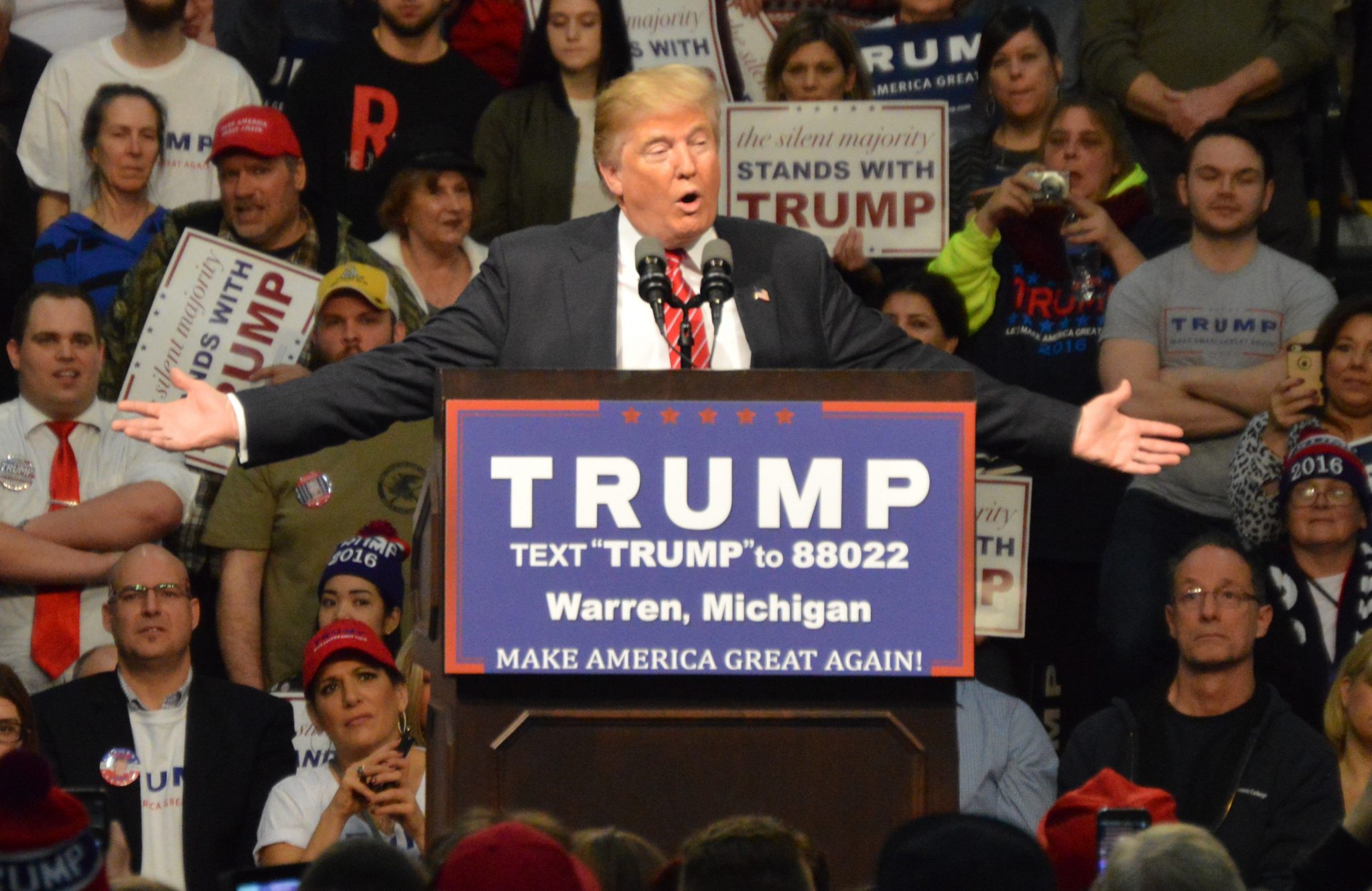How Trump’s Immigration Comments Tie Into History of Exclusionary Policies
Vanderbilt University historian Paul Kramer says the comments are symptomatic of “racialized” political dialogue regarding immigration.


President Donald Trump set off another firestorm on Thursday with some behind-closed-doors comments about immigrants from majority-black countries during negotiations with lawmakers over an immigration deal.
Trump’s alleged comments targeted immigrants from countries like Haiti, El Salvador, and those from countries in Africa.
Warning: Trump’s alleged comments include offensive language that might offend some. And the president now denies using the most vulgar word he’s accused of saying.
Multiple people in the room say Trump said, “Why are we having all these people from shithole countries come here?”
What’s at play when Trump frames an entire campaign around the idea of building a wall between the United States and its nearest southern neighbor, our third largest trading partner, and then makes comments like this? How does it tie, if at all, into America’s history of exclusionary — some would say discriminatory or racist — immigration policies?
Paul Kramer is an associate professor of history at Vanderbilt University who’s research specializes in transnational, imperial and global histories, American social thought, and the politics of inequality. He joins Detroit Today with Stephen Henderson to talk about these questions and to put the comments into historical context.

“Anti-immigrant forces have really shaped the conversation in ways that we’re always asking ourselves with a great deal of suspicion whether immigrants can assimilate, whether they’re going to help make America richer and more powerful and whether they’re going to drain the U.S. welfare system,” says Kramer. “And those are questions animated by hostility, by fear, by suspicion that can easily get racialized as people create us-(versus)-them distinctions. And you can get a lot of political capital out of that.”
Henderson also speaks with Detroit News Editorial Page Editor Nolan Finley and Detroit News editorial writer Kaitlyn Buss about their reaction to Trump’s comments.
Click on the audio player above to hear the full conversation.
